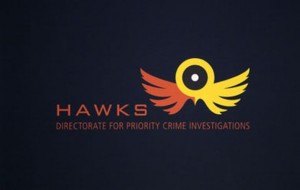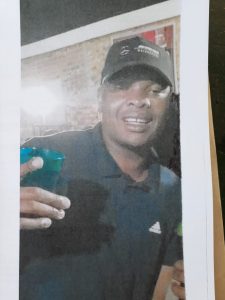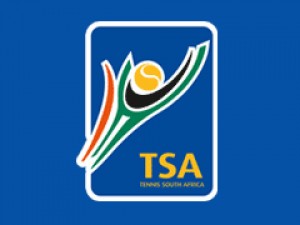Pretoria – Science and Technology Minister Naledi Pandor says government has set a target of producing 100 000 Doctor of Philosophy (PhD) graduates by 2030 to improve research and innovation capacity.
Minister Pandor said South Africa needs to train about 6 000 PhDs per annum, which will require an investment of about R5.8 billion a year.
Minister Pandor said her department has allocated R80 million to fund 1 000 science postgraduates in the 2014/15 internship programme.
Addressing The New Age business briefing in Midrand this morning, the minister said more funding is needed to increase the number of staff at universities with PhDs.
The Department of Science and Technology (DST) is working with the Department of Higher Education and Training to achieve this.
“Lack of research supervision capacity and the narrow doctoral student pipeline are some of the hindrances to attaining the National Development Plan vision. The DST has started investing in emerging research programmes, and research career advancement fellowships.
“Our goal with regards to the average graduation age for a PhD is to have it lowered from just below 40 to below 35,” she said.
For young people who are qualified but do not have work experience, Minister Pandor said her department will help them with an internship programme for a period of 12 months to gain work experience.
Between 2012 and 2014, DST had exposed about 1 341 unemployed graduates to work experience in science, engineering and technology institutions.
“Of these, 58% were absorbed into permanent employment in the same institutions and others have found employment elsewhere,” Minister Pandor said.
On development matters, a science and education centre will be built in Cofimvaba in the Eastern Cape, at a cost of R30 million, to encourage an appreciation for science and to offer teacher training in the area.
Minister Pandor said her department will invest R497 million on science education, awareness and communication.
The programme, which will be run through the South African Agency for Science and Technology Advancement (SAASTA), will reach about 350 000 learners and about 13 000 teachers






